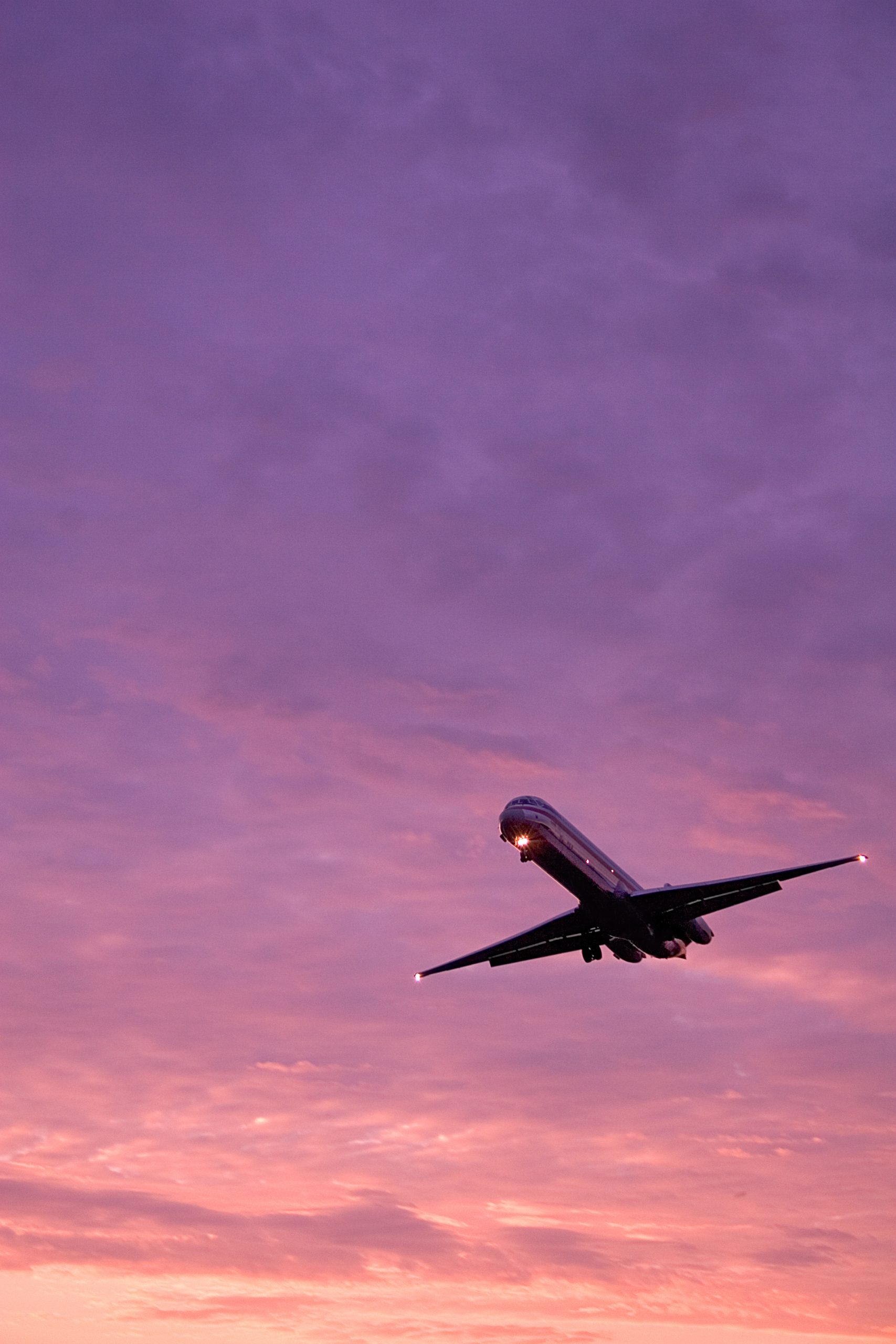
Governments urged to make foreign airlines pay for pollution in EU
Foreign airlines that failed to comply with the EU’s aviation emissions trading system (ETS) must be forced to pay for their pollution, environmental NGOs have told authorities in Germany, the Netherlands, and the UK.
They want action against carriers from outside the EU, including Air China, China Eastern, China Southern, Air India, Jet Airways, Saudi Airlines and Aeroflot-Russian Airlines, which, according to the EU ETS registry monitoring compliance, have not submitted carbon permits to cover emissions for their intra-EU flights in 2012.
The group of NGOs, which includes T&E, Aviation Environment Federation (UK), Natuur en Milieu (the Netherlands) and BUND in Germany, say that airlines that fail to comply effectively operate at an advantage against those that do.
The NGOs want EU countries with responsibility for enforcement (different carriers are responsible to different administrations) to take the obligatory steps to ensure compliance. The European Commission has the power to take to court EU countries that don’t enforce European laws.
Carriers responsible for 98 per cent of emissions under the ETS have already complied with obligations to submit allowances covering 2012 emissions before the deadline expired on April 30, 2013, leaving 2 per cent of non-compliers.
Aviation is the most carbon-intensive transport mode, responsible for about 5% of historic global warming. If it were a country, aviation would be ranked 7th in the world for CO2 emissions – between Germany and Korea. EU aviation emissions, a third of global totals, have doubled since 1990 and will triple by 2050 if unchecked.
Yet the inclusion of aviation in the EU’s ETS from 2012 was met with opposition from countries including the US, India, China, Russia and Brazil, which said any curbs on emissions should be regulated by the UN’s aviation body, ICAO. To facilitate ICAO talks on a deal, the EU agreed to freeze the ETS for flights into and out of Europe and keep it only on flights within the region.
T&E’s aviation manager, Bill Hemmings, said: ‘It’s scandalous that almost a year after foreign airlines failed to comply with the ETS, governments haven’t enforced the EU law. No enforcement means offenders gain a competitive advantage over those that did play by the rules and foreign governments receive a signal that complying with EU law is voluntary for foreigners. So EU countries must enforce compliance with the EU ETS in a consistent and fair manner whether the operator concerned is a flag carrier of a state opposing the EU’s measure, a small regional operator or a business jet.’
To ensure compliance by the foreign airlines, member states must send out penalty notices of €100 per tonne plus missing allowances. ICAO meets in Washington from March 4 to start discussions on establishing a global market-based measure to cut emissions.
